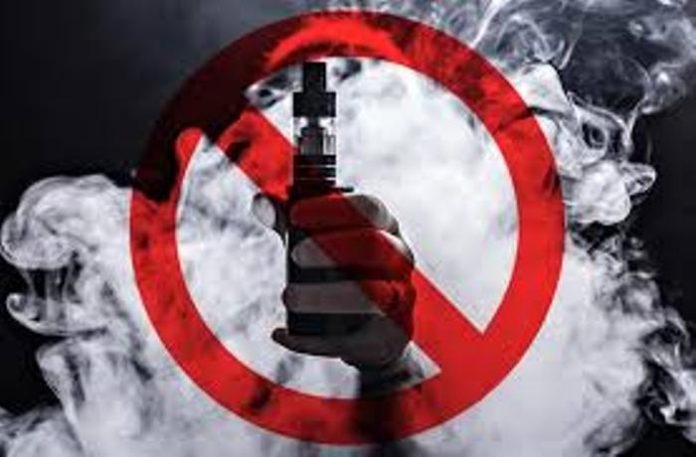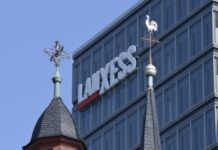New Delhi, June 11, 2020: A regional consumer advocacy group has lauded Hong Kong Legislative Council’s (Legco) decision to terminate discussions on the proposed ban on vaping products, saying this will provide smokers with safer smoke-free alternatives.
The Coalition of Asia Pacific Tobacco Harm Reduction Advocates is referring to the announcement of Legco’s Bills Committee on Smoking that it ceased discussions over the proposed ban on electronic cigarettes, heat-not-burn tobacco products and other electronic nicotine delivery systems on June 2.
The committee ended its work after nine meetings, including three public hearings, since it was established in March 2019 to tackle a proposed bill that aimed to amend the Smoking Ordinance and impose a blanket ban on vaping or the use of e-cigarettes, HTPs and the likes.
CAPHRA said these smoke-free nicotine products are considered a part of tobacco harm reduction—a public health strategy which aims to provide alternatives to reduce risks caused by smoking cigarettes.
The vaping ban in Hong Kong was not imposed after it was strongly opposed by some members of the committee who cited scientific studies showing that e-cigarettes, HTPs and the likes have much lower levels of toxicants compared to combustible cigarettes.
Scientific studies have shown that the harms of these technology-aided products represent less than 5 percent or just a fraction of the health risks of combustible tobacco because they do not involve combustion or burning which is being blamed as the source of toxicants. It has been known for decades that tar, and carcinogens found in tobacco smoke, cause the death and disease associated with smoking, and not nicotine. Unlike combustible cigarettes which are being linked to 20,000 deaths a day globally, THR products do not produce smoke as they deliver nicotine by heating, and not burning tobacco.
Nancy Loucas, executive coordinator of CAPHRA, noted that Hong Kong, like Japan and Korea, has a high number of former smokers who have switched to HTPs. “CAPHRA is pleased to see that the impending ban on HTPs in Hong Kong has been abandoned by the government in favour of a pragmatic, science-based approach to tobacco harm reduction,” she said.
“It was pleasing to see that some of the officials involved in the process to decide the fate of the products strongly opposed the ban based on science that proves that HTPs have a lower level of toxicants compared to cigarettes, whilst addressing the concerns of creating black market in illicit trade in the products,” Loucas said.
Loucas, however, said that in Hong Kong, many heated tobacco users were forced back to combustible tobacco because of the inability to access the product in the past year. “Others, with the means, have risked being caught buying through illicit channels. Legislators such as Peter Shui, Raymond CHan and Cheng Chunt-tai, have repeatedly argued that a ban was neither logical nor feasible. More importantly, all three pointed out that adult smokers should not be deprived of the right to choose tobacco harm reduction,” she said.
Corporate Comm India(CCI Newswire)































